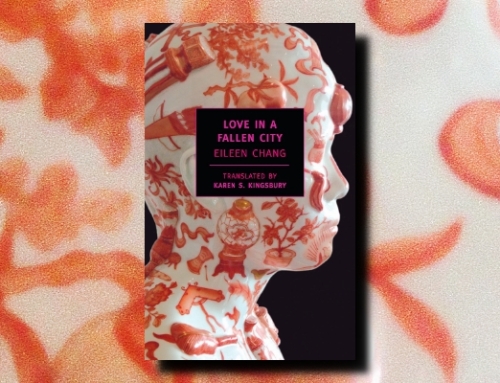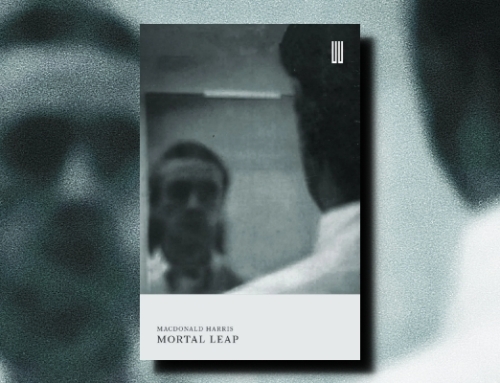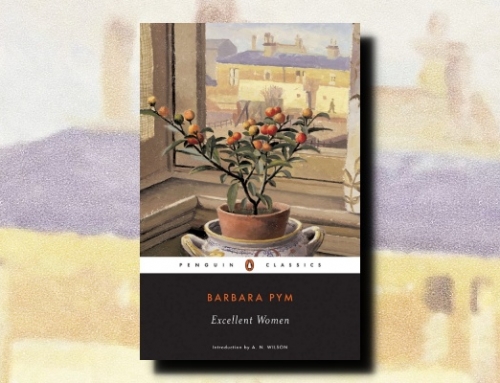A Jew Must Die by Jacques Chessex (Un Juif pour l'exemple, 2009) translated from the French by W. Donald Wilson (2010) Bitter Lemon Press (2010) 92 pp
Since the Best Translated Book Award longlist was announced, I have been slowly going over the list and considering which I wanted to read at this stage. One of the first I picked up (it’s very very short) was Jacques Chessex’s provocatively titled (at least in English; not so much in its original form) A Jew Must Die. I’ve been meaning to read his The Vampire of Ropraz since it was well received by respected opinions a couple of years ago. I never got around to reading it, though, and haven’t thought of it much since. I didn’t want to let another Chessex book slip past my radar.
A Jew Must Die opens in Payerne, Switzerland, Chessex’s home town, in April 1942: “The War is far off: such is the general view in Payerne.” Chessex was born in 1934, making him eight years old at the time of the events in this book.
For the first few short sections (only the first few), I wasn’t enjoying the book. It had a strange tone that felt over-the-top. In one moment, the narrator would adopt the voice of the anti-semitic townsmen, quoting Mein Kampf, declaiming all the parasitic Jews had done to make life hard; in the next, we get something like this:
But evil is astir. A powerful poison is seeping in. O Germany, the abominable Hitler’s Reich! O Nibelungen, Wotan, Valkyries, brilliant, headstrong Siegfried; I wonder what fury can be instilling these vengeful spirits from the Black Forest into the gentle woodlands of Payerne: the aberrant dream of some absurd Teutonic knights assailing the air of La Broye one spring morning in 1942, as God and a gang of demented locals are taken in, once again, by a brown-shirted Satan.
It all felt quite blatant, a weak echo of the Book of Lamentations. Soon, though, I settled down and realized what Chessex was doing. This is not a subtle novella. The focus is hardly on aesthetics. What we have here is more of a documentary, or, perhaps more accurately, the long-hidden testimony of an old man still haunted by what happened when he was only eight years old, still slightly disgusted at the general population of Payerne, who, it appears, have almost forgotten this story. What we’re about to read actually happened in Chessex’s home town. It’s an episode that has all but disappeared from the historical record, but Chessex didn’t want it slip any further, though he didn’t want to write it: “I am telling a loathsome story, and feel ashamed to write a word of it.”
When Chessex was eight years old, Fernand Ischi (Chessex sat next to Ischi’s eldest daughter in school) was swayed by the toxic rhetoric of Pastor Lugrin and felt the need to establish Hitler’s dominion in Switzerland:
Death to Judeo-Bolshevism! Total victory is only weeks away. A few months at most. By the end of the year, 1942, all Europe, and Russia, will be in Hitler’s grasp. Let his dominion begin. And let it be right here in Payerne that the first steps are taken towards Nazi rule in Switzerland, a dominion within his dominion, of which Gauleiter Ischi, with his party of brave men, will be the cleansing chief.
Pastor Lugrin had been excommunicated from the church (though not, apparently, for his hatred of Jews). Lugrin established a small band of men who plotted in a garage just how to get Switzerland prepared for Hitler. An important step, they felt, was to kill a Jew:
The time is ripe for the band to set an example for Switzerland and for the Jewish parasites on its soil. So a really representative Jew must be chosen without delay, one highly guilty of filthy Jewishness, and disposed of in some spectacular manner.
The prominent Jew is Arthur Bloch, a successful cattle dealer who will be in town for a cattle fair. Well, the plot hardly needs to be further ellaborated here. Despite their bungling, Lugrin’s plan is brought to pass by Ischi and his men. Ischi was soon arrested; also in the classroom with Chessex and Ischi’s eldest daughter is the son of the police officer who arrest Ischi.
It’s this proximity that makes this book so powerful. I was misreading the first few sections. What appeared to be an over-the-top tone did not need to be toned down, didn’t need to be more subtle. Chessex is putting an event back on the record. This isn’t a work of art, though it is artful. In fact, when it becomes most personal is when it becomes something more than a witness’s account. Pastor Lugrin was arrested and served a 15 year sentence.
Chessex ran into Pastor Lugrin in 1964. Overcoming any misgivings, Chessex approaches Lugrin and speaks to him. Lugrin is unrepentant; indeed, he says, his only regret is that he didn’t “bring others to my friends’ attention,” meaning, despite the turning of the years, many of them spent in captivity, Lugrin wishes only that he’d been able to influence the death of more Jews. Then these great lines:
I stare at him; he stares back with the wary, arrogant gaze of a man always ready with a reply and prepared to make his escape. Deep-blue eyes. Angelic. Features unmarked by prison. High forehead. Long, narrow nose. Little round spectacles, whose metal rims frame the brilliant blue eyes that still gaze back at me.
Even at eight years old, Chessex recognized that such an event could quickly be transformed into something else — the same citizens of Payerne who fumed at the Jewish vermin also showed up to shame Ischi when he was arrested — and for decades the event’s central horror still haunted him. Thankfully, his account is out there, and it is a great read, whatever literary category it fits in.









I wonder how many of these untold stories there are. It’s so confronting that they are still being revealed, after all this time…
I own a copy of this. Had I read your review first I’m not sure I’d have got it. That first quote gets awfully close to absurd.
I’m sorry to say I had to google the Book of Lamentations. I’d certainly not have picked up that reference.
Still, good to see you enjoyed it overall.